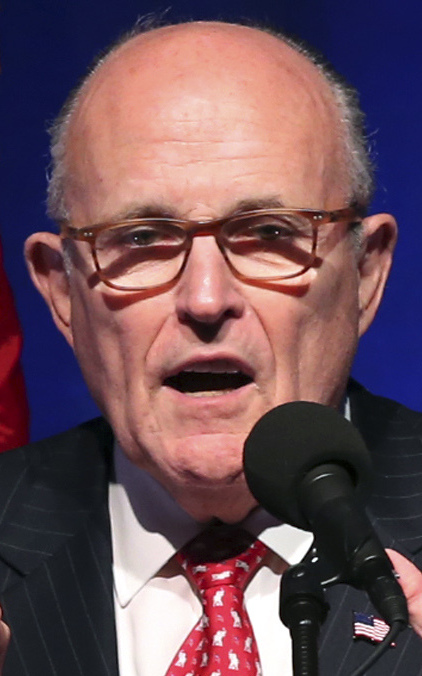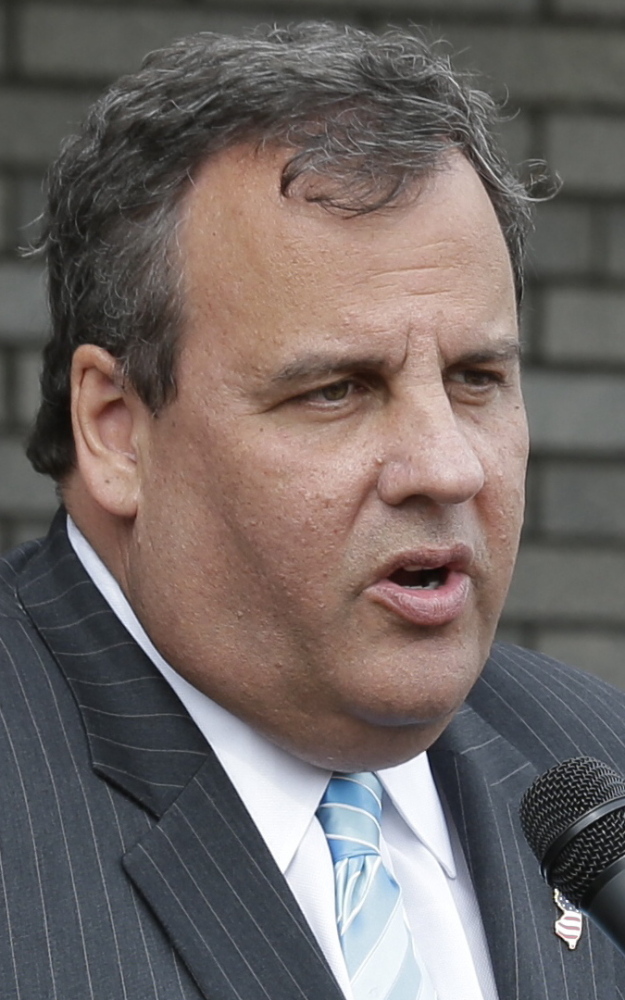WASHINGTON — The Justice Department is set to significantly shift its priorities under Donald Trump, reflecting the themes of a presidential candidate who consistently described the country as riven by chaos and in need of more powerful law enforcement.
The department, which under President Obama built an aggressive civil rights division, is likely to take a more hands-off approach toward police departments alleged to have overused force and loosen restrictions on surveillance in Muslim communities, according to legal analysts and Trump’s public statements.
Trump sought to position himself as the candidate of law and order, delivering apocalyptic speeches describing a nation torn apart by crime and terror.
He said police in Chicago could stop a spate of deadly violence by being “very much tougher than they are right now,” and wrote to the International Association of Chiefs of Police that he would generally keep the federal government out of local law enforcement’s business. He has been critical of Obama’s effort to give clemency to inmates serving long prison terms for nonviolent drug offenses. In response to the terrorist attack in Orlando, Florida, in June, Trump said he would renew surveillance on mosques.
Those positions put him at odds with the current Justice Department. Under Obama, officials have tried to position Muslims as a partner in the fight against terrorism, and have been supportive of broad changes to the criminal justice system, including more lenient sentences for nonviolent drug crimes. The department has also taken a tough stance toward policing issues – scrutinizing entire departments with comprehensive “pattern or practice” inquiries and investigating high-profile incidents of officers killing people.
With the impending change, civil rights advocates said they are bracing for the worst.
“This is a guy who will have no problem targeting civil rights leaders, targeting reporters. We’re back to a Nixon enemies-list world,” said the Rev. Al Sharpton, president of the National Action Network. “We’ve got to get ready to fight. This is serious.”
The Justice Department’s policy positions and priorities often change when a Republican takes over from a Democrat, and vice versa, and in many ways, Trump’s administration will be no different. Under George W. Bush, for example, the civil rights division took significantly fewer enforcement actions on anti-discrimination and voting rights laws than it did under Bill Clinton. After Obama took office, then-Attorney General Eric H. Holder Jr. moved to give it back its teeth, taking aim at policies that officials thought resulted in racially disparate outcomes, even if the intent of those policies was not explicitly or intentionally racist.
“The civil rights division gets whipsawed more than any other part of the Department of Justice when the White House changes parties,” said Bill Yeomans, who spent 26 years at the department, primarily in the civil rights division. “This promises to bring a dramatic shift in priorities and ideology.”
Legal analysts said the core mission of the Justice Department – enforcing the nation’s federal laws – should remain the same. And they stressed that, because Trump has not yet indicated whom he will select as his attorney general, nor is he likely to follow traditional norms, it is hard to assess what his Justice Department might look like.
“We’ve never had a transition like this,” said Jamie Gorelick, who served as deputy attorney general under Clinton.
Two of Trump’s closest advisers – former New York mayor Rudolph Giuliani and New Jersey Gov. Chris Christie – have federal legal experience. Both were U.S. attorneys, and Giuliani served as the Justice Department’s third-highest-ranking official under President Ronald Reagan.
Giuliani has staked his reputation on the drop in crime during his time as mayor. Officers under him employed controversial stop-and-frisk tactics that a federal court in 2013 ruled were unconstitutional. Both Giuliani and Trump have made the dubious claim that the tactics drove down crime.
Christie, likewise, built his political career on his image as a tough-on-crime former prosecutor.
Send questions/comments to the editors.




Success. Please wait for the page to reload. If the page does not reload within 5 seconds, please refresh the page.
Enter your email and password to access comments.
Hi, to comment on stories you must . This profile is in addition to your subscription and website login.
Already have a commenting profile? .
Invalid username/password.
Please check your email to confirm and complete your registration.
Only subscribers are eligible to post comments. Please subscribe or login first for digital access. Here’s why.
Use the form below to reset your password. When you've submitted your account email, we will send an email with a reset code.